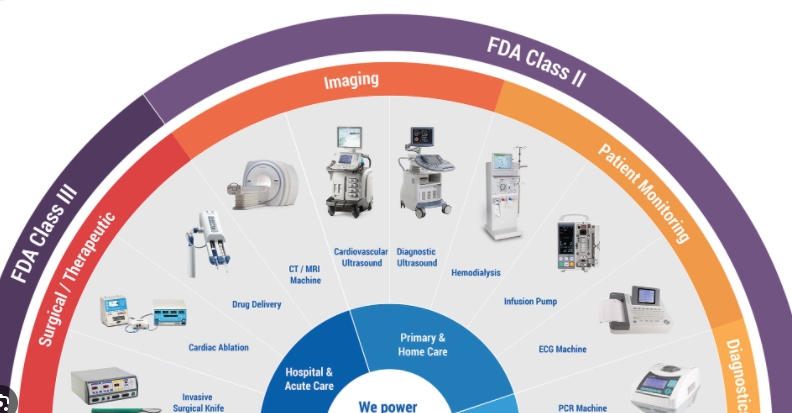The healthcare industry is constantly evolving with the advancement of cutting-edge medical technology. These technologies are revolutionizing the way healthcare is delivered and improving patient outcomes.
Robotic Surgery
Robotic surgery is one of the most significant advancements in the healthcare industry. The use of robots during surgery allows for greater precision and accuracy, resulting in less trauma to the patient’s body. Surgeons can perform complex procedures with more control and flexibility, leading to faster recovery times and reduced risk of complications.
Telemedicine
Telemedicine has also transformed the healthcare industry by allowing patients to receive medical care remotely. Through video conferencing and other forms of technology, patients can consult with healthcare providers, receive diagnoses, and even have prescriptions filled without ever leaving their homes. This has been especially crucial during the COVID-19 pandemic, as it has allowed patients to receive necessary care while minimizing the risk of exposure to the virus.
Artificial Intelligence
Artificial intelligence (AI) is another game-changing technology in healthcare. AI can analyze vast amounts of data and identify patterns that can help in diagnosing diseases, predicting outcomes, and developing personalized treatment plans. AI-powered algorithms can also assist in medical imaging, such as reading X-rays and MRIs, leading to more accurate and timely diagnoses.
3D Printing
3D printing technology is being used in healthcare to create personalized implants, prosthetics, and even organs. This technology allows for the customization of medical devices to fit individual patients’ needs, resulting in better outcomes and improved quality of life. 3D printing has also been used to create models for surgical planning, allowing surgeons to practice procedures before performing them on actual patients.
Genomics
Genomics, the study of genes and their functions, has revolutionized the healthcare industry by enabling precision medicine. By analyzing a patient’s genetic makeup, healthcare providers can tailor treatments to the individual, leading to more effective and targeted therapies. Genomics has also played a significant role in the development of vaccines and treatments for genetic disorders.
In conclusion, cutting-edge medical technology is transforming the healthcare industry by improving patient care, increasing efficiency, and reducing costs. As these technologies continue to evolve, the future of healthcare looks brighter than ever.

